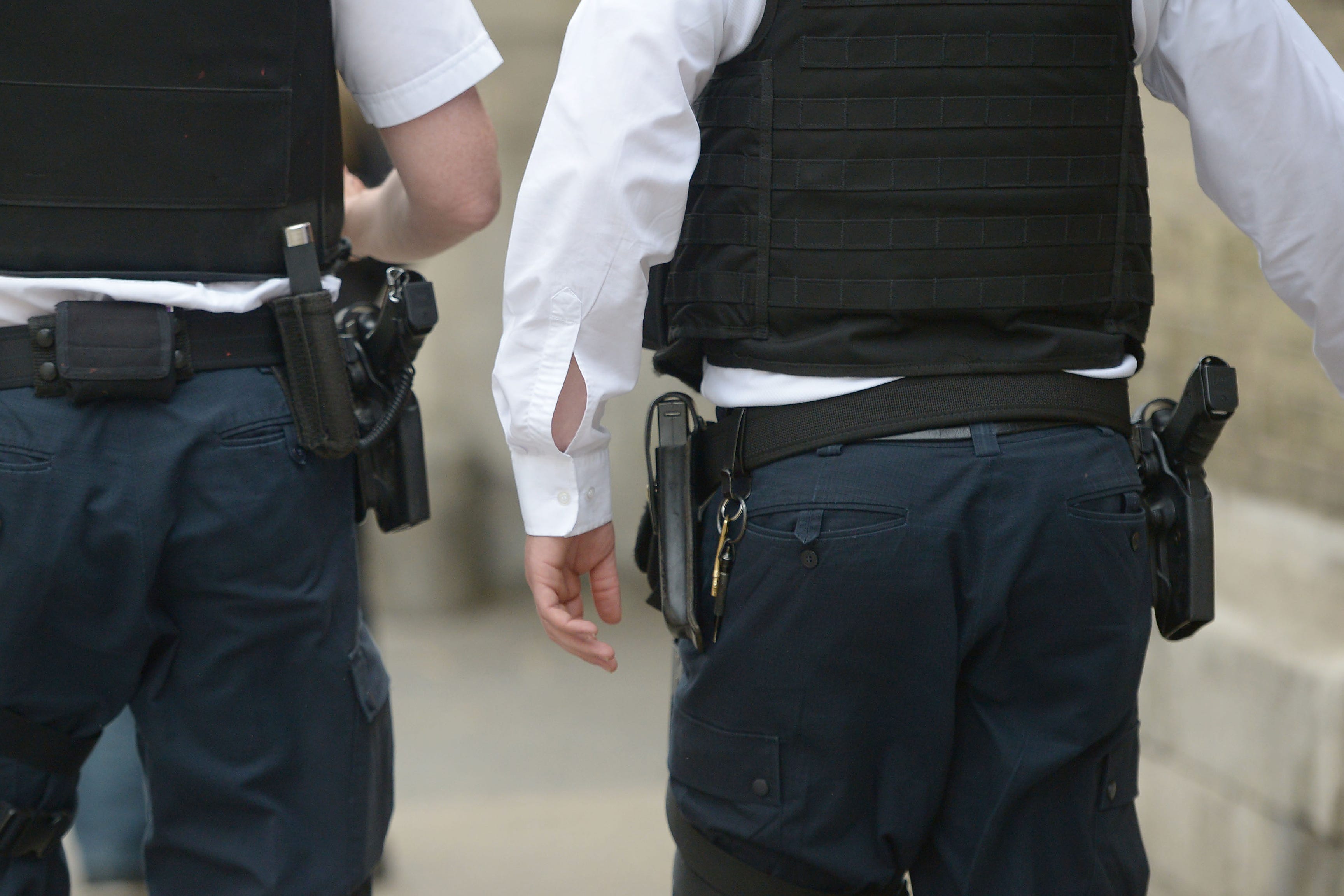Police ‘failing’ deaf and migrant sexual assault victims, report finds
New study finds police are not adhering to duties under 2010 Equality Act

Police are failing deaf and migrant sexual violence and domestic abuse victims with communication needs, according to a new report, which revealed some victims are being forced to rely on neighbours to translate due to a lack of interpreters.
The report, by prominent women’s rights organisations including End Violence Against Women Coalition, found public bodies - particularly the police - are failing to comply with obligations under the Equality Act 2010 to eliminate discrimination and harassment when interacting with survivors facing communication barriers.
Campaigners warned such problems were risking the safety of victims, including those who are deaf, blind or visually impaired, have learning difficulties or do not speak English. They also warned it risks blocking their ability to get justice.
The report, put together by the Communications Barriers Working group, looked at how statutory bodies are failing migrant women, those with disabilities, as well as victims from Gypsy, Roma and Traveller communities.
Researchers found such victims are more likely to be scared to get in touch with the police because of a fear that they will endure discrimination and violence, citing difficult past police encounters.
The study looked at case studies of 50 victims from a range of survivor organisations and discovered more than half of the victims polled endured a police failure to take into account their communication requirements.
Almost half of those surveyed (44 per cent) said they had previously endured discrimination, such as racism, xenophobia and ableism, from police officers.
Isabel Ros Lopez, a lead researcher, told The Independent failure to provide interpreters means victims are being pushed into disclosing abuse to family members and neighbours despite not necessarily wanting to do so.
“Police rely on families member to work as interpreters - it is putting survivors in a position where they are having to disclose really private information to family members or neighbours,” Ms Lopez, who works for the End Violence Against Women Coalition, said.
“Police are not providing interpreters, in the cases of deaf survivors but also for migrant survivors who have English as a second language.
“There was a case of a deaf woman who had issues getting an interpreter with the police and in the end the case timed out before the communication support was sorted. This is a widespread problem.”
The Latin American Women's Rights Service (LAWRS), which contributed to the report, highlighted one example where police asked the neighbours of a victim to translate because they did not have an interpreter present.
”[The victim] was in shock and couldn’t believe she had to disclose the abuse she had endured to a neighbour, a stranger. But she was even more scared that the police wouldn’t take her seriously if she didn't, so she accepted it,” the report said.
Ms Lopez warned police are also failing to get interpreters for survivors with learning disabilities, as well as those with communication impairments, such as no speech, and those with basic or no access to literacy.
Louisa Rolfe, an assistant commissioner who is National Police Chiefs’ Council lead for domestic abuse, said: “We know that victims can face a number of barriers in reporting domestic abuse and language or communication challenges can make things even harder for them.
“Perpetrators may exploit this too, manipulating circumstances to undermine a victim. National Domestic Abuse Matters training which is given to responding officers focuses on officer’s empathy with victims and their understanding of the dynamics of abuse.”
“The key thing is these communication barriers are stopping survivors from being able to access support and justice,” Ms Lopez added. “Survivor’s communication is a human right that is enshrined in national legislation and international conventions.”
The Communications Barriers Working group is made up of Deaf Ethnic Women’s Association, Domestic Abuse Commissioner’s Office, End Violence Against Women Coalition, Imkaan, IRISi, Karma Nirvana, Latin American Women’s Rights Service, Rape Crisis England & Wales, Sign Health, Stay Safe East, Solace Women’s Aid, The Traveller Movement and Women’s Aid Federation of England.




Join our commenting forum
Join thought-provoking conversations, follow other Independent readers and see their replies
Comments